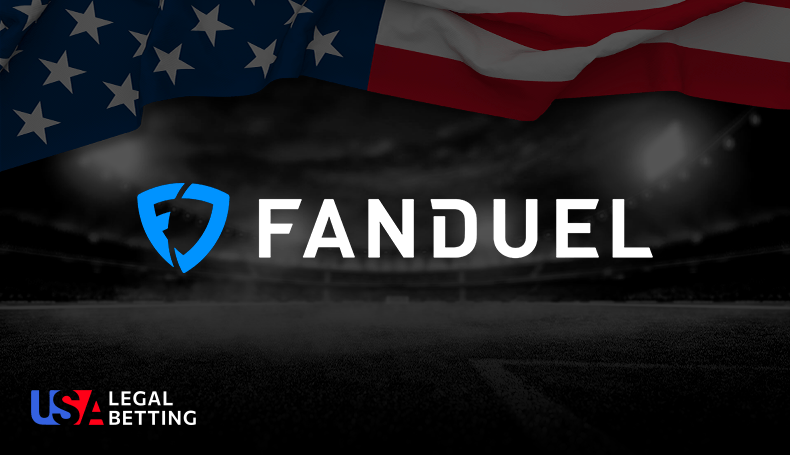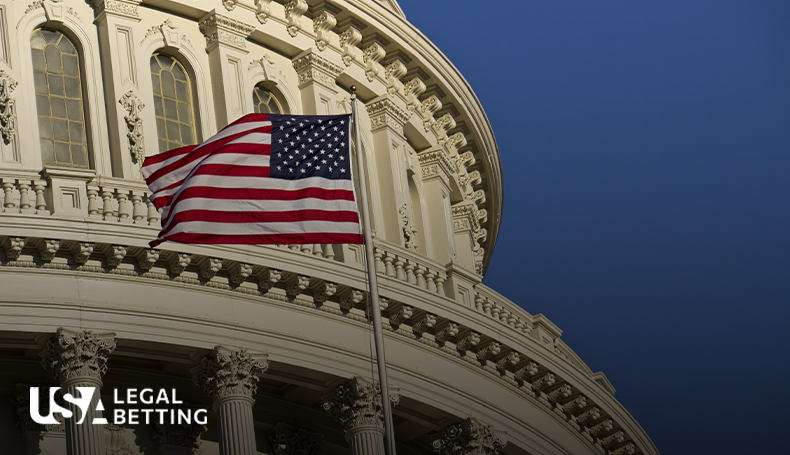The launch of FanDuel is a significant upgrade on GambetDC, which was the only sports betting operator that was licensed to operate in D.C. as a subcontractor of Intralot.
FanDuel will now have sole control of the local market (with a couple of minor exceptions), which is still extremely underdeveloped due to the stigma attached to GambetDC.
“With FanDuel’s launch, D.C. residents and visitors will have access to a best-in-class sports wagering platform,” said OLG Executive Director, Frank Suarez. “FanDuel’s entry into our market brings not only a reliable, customer-friendly sports wagering experience to the nation’s capital, but it also includes guaranteed revenue that will be used to fund vital city programs.”
D.C. officials expect to generate $119 million in sports betting tax revenue. That includes a $5 million upfront conversion fee paid by FanDuel to the General Fund, which supplies funding to services such as education, public safety, housing, child services, and recreation.
FanDuel also expects to accrue $2-4 million in annual operating expenses such as marketing and promotions.
D.C. residents and visitors will be allowed to place their bets using FanDuel’s platform anywhere in the District that doesn’t include federal lands or is within a two-block radius of designated Class A facilities, which include Audi Field, Nationals Park, and Capital One Arena.
“FanDuel’s industry-leading offering will ensure that the District maximizes tax revenue under its existing contracts this year while delivering a best-in-class experience,” Suarez said after the deal was agreed.


















